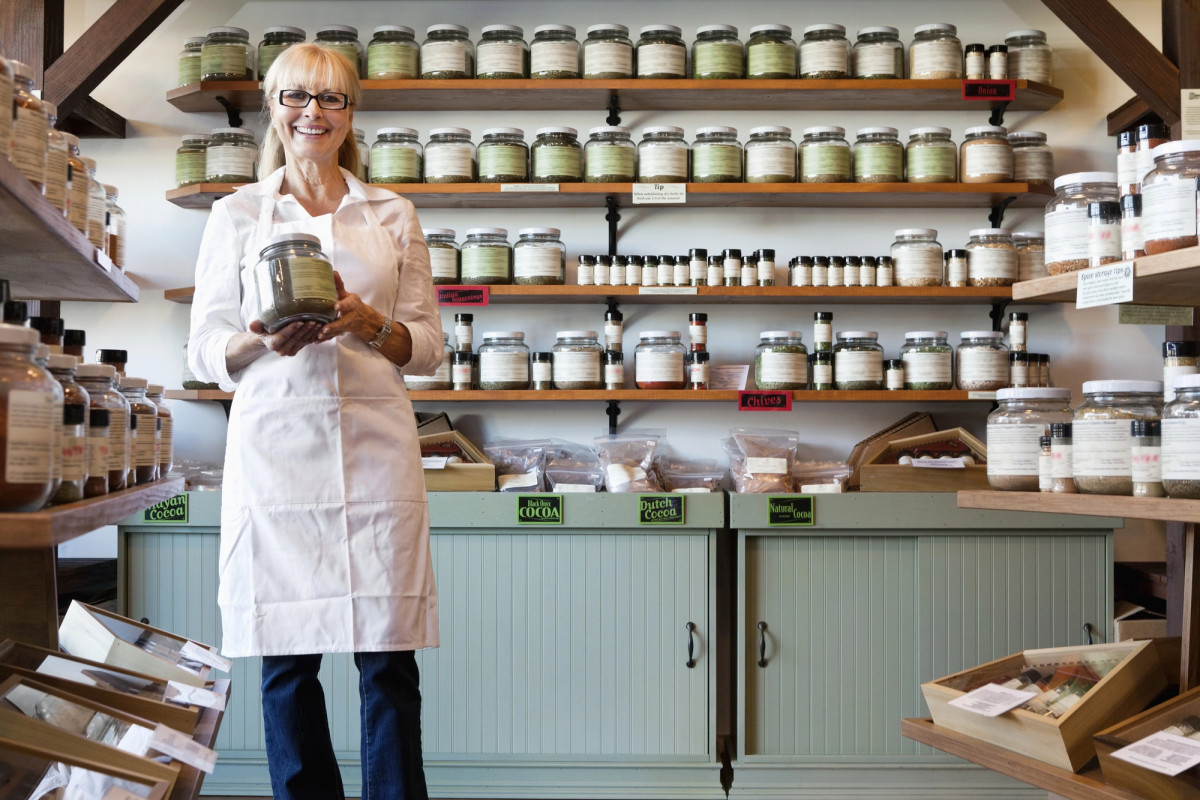Plumbing issues like clogged drains, leaky pipes and running toilets are annoying enough but they can also be dangerous to your health. Putting off plumbing repairs can lead to serious problems that affect your home’s indoor air quality and cause illness or even death.
These health hazards may be the result of a variety of different problems. Some exert their toxic effects quickly, while others may take a longer time to develop.
Leaky Pipes
If a pipe bursts, the water that spills out may contain dangerous bacteria and chemicals that could contaminate your home’s drinking supply. According to a study by Sheffield University, leaky pipes can also cause a range of other health problems including upset stomachs, respiratory issues, and even death if exposure is prolonged.
Leaky pipes can form due to a number of factors. Age, corrosion, and poor installation can all contribute to the problem. In addition, changes in temperature can cause pipes to expand and contract, which can weaken them and lead to leaks. Fortunately, proper maintenance can help reduce the risk of leaking pipes. This includes regularly checking for wear and tear, installing pressure-reducing valves, and ensuring that the pipes are properly insulated.
A leaking pipe can also create a damp environment that promotes the growth of mold and mildew. These spores can be airborne and inhaled, which can trigger asthma and other respiratory problems. In addition, they can irritate eyes and skin, and may be particularly harmful to those with preexisting conditions.
If you suspect that you have a leaky pipe, it’s important to take action right away. Turn off your home’s water supply, and then use a bucket or other container to contain the leaking water. Next, call a trusted plumber Palmdale service to help you resolve the issue quickly and efficiently. You can also try DIY fixes like pipe clamps or epoxy putty, but it’s often best to hire a professional to ensure the problem is fully addressed and repaired.
Clogged drains and sewer line blockages can also have serious health implications. If you ignore these issues, they can result in raw sewage backing up into your home’s sinks, tubs, and toilets. This is a huge health hazard and can lead to extensive damage that requires expensive remediation and cleanup.
It’s crucial to make plumbing maintenance a priority in order to avoid these serious health risks. Routinely cleaning your drains of hair and other debris prevents clogs, and scheduling regular sewer scope inspections can help you catch problems before they become dangerous. You should also pay attention to any sudden drops in your home’s water pressure, which can indicate that there are hidden problems with your pipes.
Sewage Backups
Sewage backups can be one of the most devastating household disasters. Oftentimes, sewage contains harmful bacteria, viruses, and germs that can cause serious health problems if ingested or touched. If you notice sewage backing up into your home, it is important to call a plumber immediately. Exposure to sewage can lead to stomach bugs, skin infections, respiratory issues, and more.
Sewer backups typically occur when a sewer system becomes overloaded during heavy rain or a blockage occurs. In some cases, the issue can be caused by cracks in the sewer line, tree roots, or even a buildup of grease in the pipes. If you have a problem with your sewer, it is important to get it fixed right away to avoid costly repairs and potential health hazards.
When a sewage backup occurs, there are many steps you can take to minimize damage and protect your health. First, shut off all water in your home to stop the flow of sewage. Next, wear protective gear like face masks, rubber gloves, and boots to protect yourself from contact with contaminated water. Finally, open windows and doors to improve ventilation and reduce the spread of contaminants.
Once the area is cleaned and sanitized, it is safe to return to your home. However, before you can do so, it is important to have professionals inspect the house and repair any damage from sewage backups. They will also replace any materials such as drywall and insulation that are contaminated.
Although standard homeowners’ insurance policies do not cover sewage backups, many insurers offer add-ons or endorsements to address this risk. These additional coverage options may be worth considering if your home is at an increased risk of sewage backups due to the environment or location. Homeowners who keep up with regular maintenance and watch what goes down the drains can help to prevent sewage backups and other plumbing disasters. By taking these preventive measures, you can greatly reduce the chance of costly repairs and long-term damage to your property. To ensure your plumbing is in good working condition, consider getting it inspected by a professional plumber on a regular basis.
Mold and Mildew
Mold and mildew need moisture to grow, which means they are often a sign of a plumbing problem. There are many different types of mold, and each one has its own unique appearance and health effects. However, all molds tend to grow in areas that are damp and have little light. They also grow where there is a nearby source of food, such as wood and paper. Molds can be black, white, spotted, or a variety of other colors. They may look powdery, cottony or velvety and have a musty or earthy smell.
A single exposure to mold spores can make you sick, but everyone reacts differently. For some people, it causes a stuffy nose, sore throat or cough. For others, it triggers allergies or worsens existing respiratory conditions. Some people develop a rash or have difficulty breathing, especially if they have a chronic lung disease or are immune-compromised.
Mildew and mold usually grow on surfaces such as walls, ceilings, carpets, and floors. They are also commonly found in kitchens and bathrooms.
There are some forms of mold that produce poisons, such as aflatoxins, which can lead to liver cancer in humans. These toxins are produced by some molds that grow on corn, peanuts, cottonseeds and tree nuts. They are primarily a concern for workers in the agriculture industry, and they do not pose a risk to consumers who do not eat contaminated foods.
If you have a mildew or mold problem in your home, you should clean it as soon as possible with a detergent or soapy water solution. You should also thoroughly dry the area to prevent mold spores from returning.
You can help keep mold and mildew from growing in your home by keeping drains clear of food scraps, coffee grounds, hair and other debris. You should also routinely check for leaks, especially around toilets and sinks. If you find a drop in your water pressure or notice stains on your walls, call a plumber for an inspection. The sooner you fix any plumbing problems, the better for your health and your wallet.
Contaminated Water

A leaky pipe or clogged drain may allow bacteria, viruses and parasites to enter your home’s water supply. These contaminants can cause gastrointestinal illnesses, skin infections and respiratory diseases. In extreme cases, they can even be fatal.
Leaks and excessive moisture caused by faulty plumbing systems create ideal conditions for mold and mildew growth. When they spread throughout the house, they can trigger respiratory problems and aggravate existing health issues such as asthma and allergies. Those with compromised immune systems are particularly susceptible to these dangers.
Corroded pipes can also allow sewage and other contaminants to enter the water supply. These include harmful microorganisms such as bacteria and viruses, as well as toxic chemicals like chlorine and nitrates. These contaminants can lead to a range of health problems, from stomach and intestinal infections to cancer and other serious conditions.
While some water contaminants can be detected by assessing color, odor, and turbidity, others are not so obvious. This makes them difficult to detect, and often people only realize their water is contaminated after they start to get sick.
Water contamination puts a heavy burden on healthcare systems, requires costly treatment, and affects economic activities such as agriculture and water tourism. In addition, it can damage local communities, causing residents to flee, resulting in further economic and social disruption.
Plumbers must deal with many potential health hazards on a daily basis, including the exposure to biohazards and contaminated water. Proper safety protocols and mental health support are essential to help them cope with these risks.
As the number of plumbing problems continues to increase, homeowners must take steps to protect their families and property. A proactive approach to plumbing maintenance and routine inspections can help reduce the risk of these potential hazards. Indulging in these preventive measures can ensure your family’s health and safety, while preventing major plumbing disasters that can cost thousands of dollars to repair. Schedule a professional plumbing inspection and service today. Call Reimer to get started! You can also follow us on Facebook and Twitter to learn more about our services.












